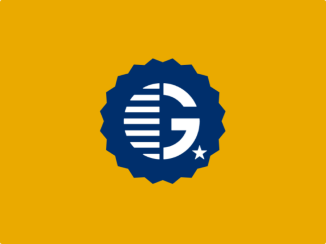South & Central Asia

- 21-Jul-2014
Meet Gilman Video Blogger – Karly
http://www.youtube.com/watch?v=wTArrX-r8Ro Meet U.S. Department of State sponsored Gilman Scholarship recipient Karly Kahl-Placek. Karly was a Gilman Global Experience Correspondent forRead More ⇾

- 17-Jul-2014
Embracing the Unexpected
Since the day I started my journey to Kyrgyzstan, unexpected opportunities have become a daily occurrence for me. I canRead More ⇾

- 15-Jul-2014
Life After India
I remember when I was a freshman in high school and I was advised to “cherish the next four years”Read More ⇾

- 09-Jul-2014
Food and Culture in Kyrgyzstan
Food is a rich and important part of Kyrgyz culture. The staple ingredients of meals tend to be meat, vegetables,Read More ⇾

- 08-Jul-2014
Hospital Shock
For the most part, I consider myself a pretty easy-going person. It takes a lot to frustrate me, and luckilyRead More ⇾

- 01-Jul-2014
Staying Connected … Without Power
Cesare Pavese once said “traveling is a brutality. It forces you to trust strangers and lose sight of all thatRead More ⇾

- 26-Jun-2014
Impressions of India
Hello World! My name is Karly Placek and I’m studying in India this semester. Back home I’m a Documentary StudiesRead More ⇾

- 18-Jun-2014
Bishkek Bound
Before coming to Bishkek, I had never been out of the United States except for a few quick jaunts intoRead More ⇾

- 12-Aug-2013
That’s all: the end from a dhal in Nepal
Week old henna stains the front and back of my left hand. Brown, beautiful, and intricate, the under part ofRead More ⇾

- 06-Aug-2013
Culture shock absorbing, filling with energy
Today, the countdown until home is single-digit. Tomorrow, I make my way onto the ten day weather forecast; in caseRead More ⇾

- 25-Jul-2013
A Foreigner of a Different Color
If I could describe what I felt in the week leading up to my journey to India in one word,Read More ⇾

- 25-Jul-2013
The evolution of the Magic Zone
During one of our first lectures, a brief Nepali history and culture, we had the pleasure of reawakening our newlyRead More ⇾



